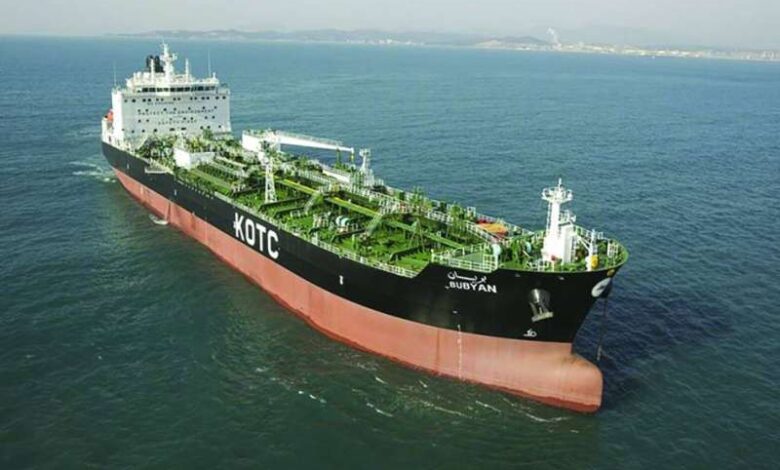
Standard & Poor’s Global Commodities at Sea confirmed that its data shows increasing pressure on shipowners to avoid the Red Sea, which severely affected Europe’s imports of refined petroleum products in the first half of January, explaining that this is evident in the decline in destined petroleum products. To Europe from Saudi Arabia by 15 percent, from India by 31 percent, and from Kuwait by 43 percent above the levels recorded in December.
The agency quoted analysts as saying that although imports of US oil products helped Europe compensate for shipments coming from East Suez, the upcoming maintenance phase will further deplete the already low stock of the European market, reports Al-Rai daily.
It noted that tanker shipments seemed flexible at first in the face of the escalating security threat in Suez, but an increasing number of oil companies such as BP, Shell, and Reliance took the initiative to reduce their shipments in the region.
The agency revealed that Europe imported, on average, 2.3 million barrels of petroleum products from outside the Suez region in the first half of January, recording a decrease from the level of its imports in December, which amounted to 2.9 million barrels.
The agency pointed out that the decline in European imports poses a threat mainly to diesel supplies, explaining that the European continent obtains about a third of its diesel imports from the Middle East, and with European stocks declining by 257 thousand barrels below their average in the past five years, the threat is increasing.
At the same time, higher imports from the United States provided some buffer, reaching 237 thousand barrels per day in January, down from the level of 246 thousand in December, after averaging 155 thousand in 2023. With expectations of shipments of 416 thousand in January of diesel and fuel oil from the United States. United States to Europe, the highest level in 6 years, these flows are expected to provide a lifeline for the continent in the coming weeks.
By contrast, loadings in early January suggest that deliveries from the East Suez region will decline further.
India has not yet loaded any refined products for export to Europe, interrupting the usual flow of diesel and gasoil to which Europe has become increasingly accustomed after the oil sanctions on Russia.
Indian flows found an alternative in heading to the Gulf region and other regions in Asia, while oil companies such as Reliance appear to be avoiding rising shipping costs, after having exported all their gas oil to Europe in 2023.
The agency added that its data show that about 24 percent of India’s gas oil exports headed to the Gulf region during the first half of January, an increase of 19 percent from their level in December.
Saudi Arabia’s shipments to Europe also declined during the first half of January to an average of 147,000 barrels per day after reaching 293,000 in December, while Kuwait’s shipments to the region fell to 28,000 after reaching 147,000. This means that European insurance fees could be exposed. Under pressure to obtain larger quantities of petroleum products.












